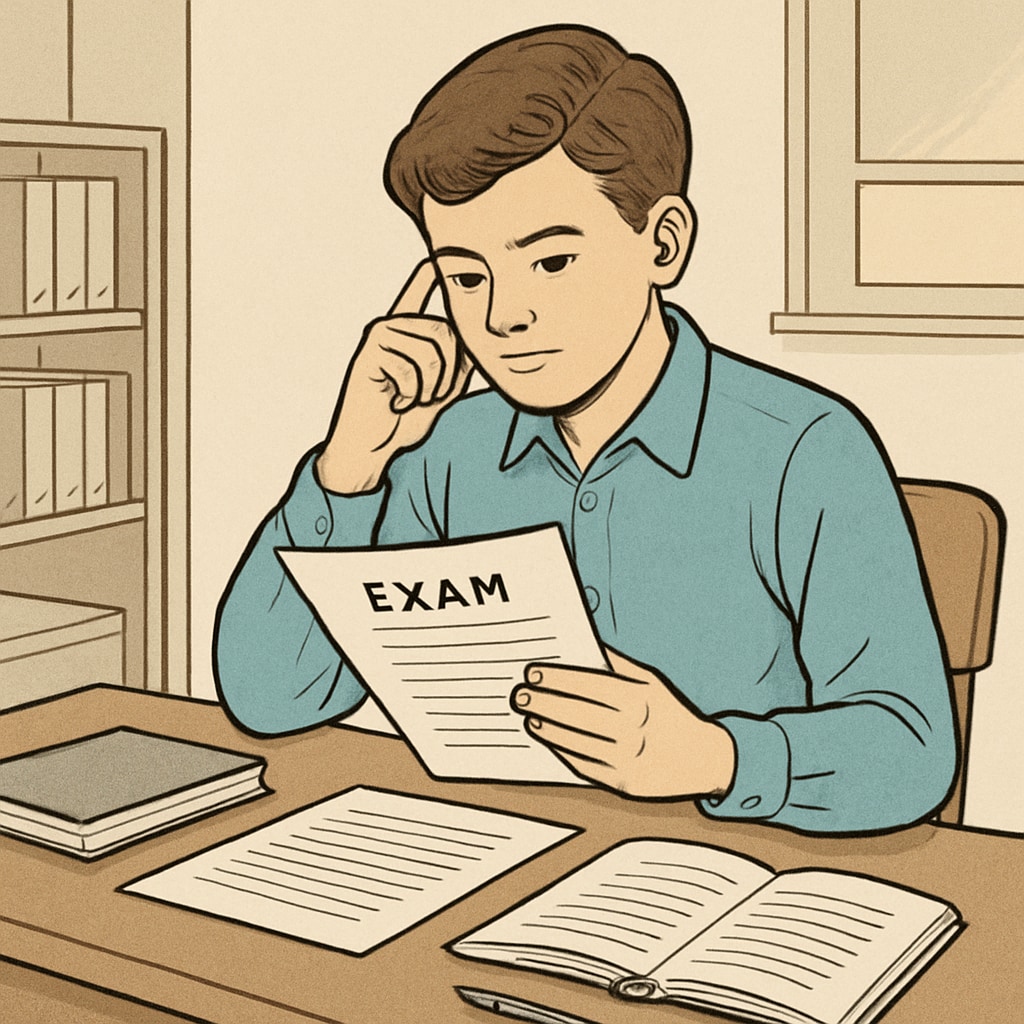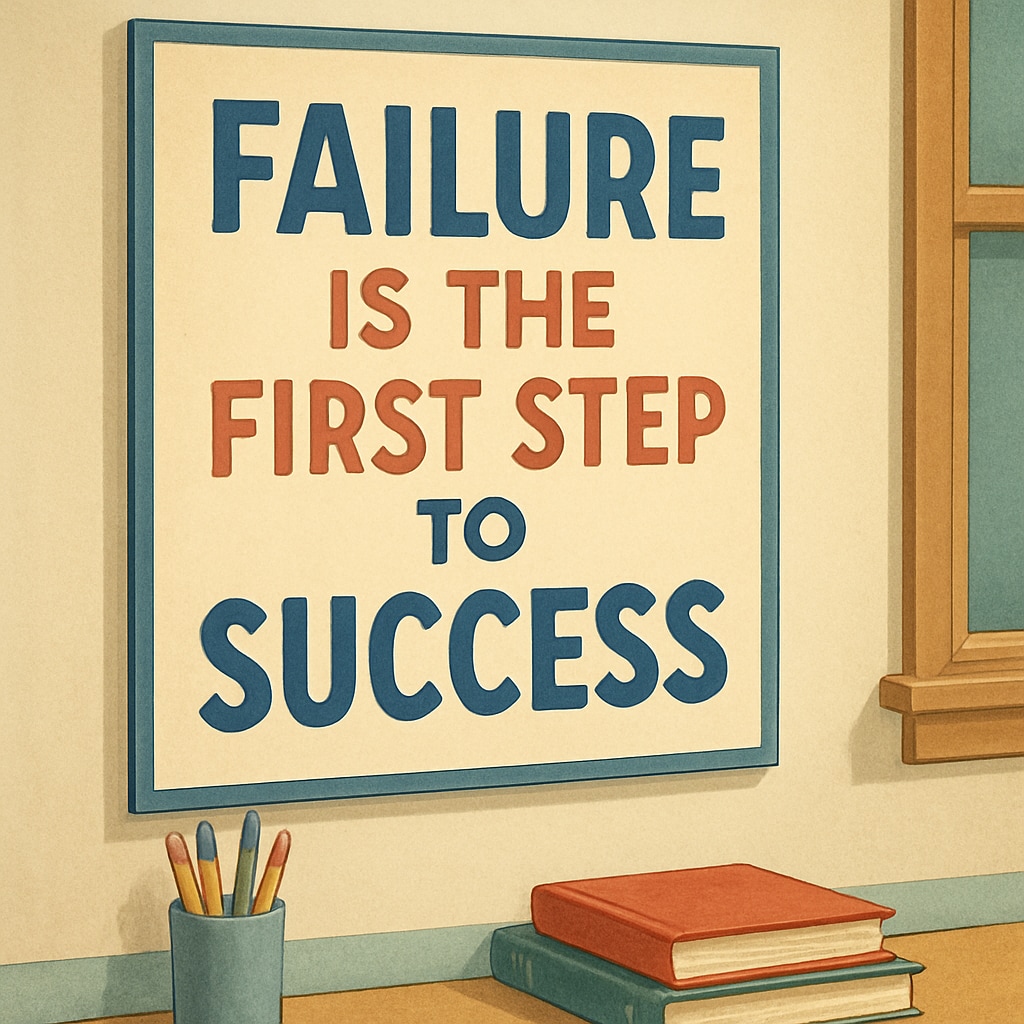For many students, GCSE results can feel like a definitive milestone. When those results don’t meet expectations, it is common to experience academic worries and self-doubt. However, it is important to remember that a single set of grades does not define your potential or your future. In this article, we’ll explore the societal pressures surrounding GCSE performance, the emotional toll it can take on students, and how to navigate alternative paths to success.

Understanding the Impact of GCSE Results on Student Confidence
GCSE exams often come with high stakes and even higher societal expectations. Students are frequently told that these results will determine the course of their lives, from university options to career prospects. As a result, when grades fall short of expectations, students may experience feelings of failure, anxiety, and self-doubt.
According to educational researchers, this pressure is amplified by the way society and institutions frame academic success. For instance, schools and parents might unintentionally emphasize grades as the ultimate indicator of intelligence or effort. This narrow focus can overshadow the broader range of skills and talents that students possess.
It’s worth noting, however, that there are numerous examples of successful individuals who didn’t excel academically but thrived due to their creativity, perseverance, and adaptability. Success is not linear, and GCSE results are just one chapter in a much larger story.

Societal Expectations and the Roots of Academic Worries
The societal emphasis on academic achievements begins early in life. From a young age, students are conditioned to view standardized tests as the ultimate measure of their abilities. This creates a culture of comparison, where students often evaluate their worth based on how they perform relative to their peers.
For example, many schools and universities use GCSE results as a benchmark for entry into higher education programs. This system, while practical, can unintentionally marginalize students who may be talented in other areas such as the arts, entrepreneurship, or technical skills. As a result, students who don’t conform to the academic mold often struggle with feelings of inadequacy.
To address this issue, educational experts advocate for more holistic evaluation systems. By recognizing diverse talents and strengths, society can encourage young people to excel in areas beyond standardized testing.
Rebuilding Confidence and Exploring Alternative Pathways
If your GCSE results were not what you hoped for, it’s crucial to remember that there are many ways to move forward. Here are some practical steps to help you regain confidence and chart a new course:
- Focus on your strengths: Identify areas where you excel, whether they’re academic, creative, or technical. Leveraging these strengths can open new opportunities.
- Consider alternative education paths: Options like vocational training, apprenticeships, or foundation courses can provide valuable skills and lead to rewarding careers.
- Seek support: Talk to teachers, mentors, or counselors who can guide you through your options and help you make informed decisions.
- Set realistic goals: Break down your aspirations into achievable steps. This will help you build momentum and regain a sense of control.
- Learn from setbacks: Treat this moment as a learning experience. Resilience and adaptability are qualities that will serve you well in life.
Take inspiration from individuals who have succeeded despite early setbacks. For instance, Sir Richard Branson, the founder of Virgin Group, struggled academically but went on to build a business empire through his entrepreneurial spirit.
Why Your Future Is Not Defined by a Single Exam
It’s important to challenge the narrative that GCSE results are the ultimate measure of your worth or potential. While academic qualifications are valuable, they are just one part of a much larger picture. Employers and higher education institutions are increasingly recognizing the importance of soft skills, such as communication, creativity, and teamwork.
Consider the broader perspective: life is filled with opportunities to grow, learn, and achieve. Some of these opportunities may arise in unexpected ways, and the ability to adapt is often more valuable than any exam grade.
In conclusion, while GCSE results can be a source of academic worries and self-doubt, they do not have to define your future. By embracing alternative paths, seeking support, and focusing on your unique strengths, you can overcome setbacks and achieve meaningful success.
Remember: Your value is not determined by a single exam, but by the choices you make and the resilience you show in pursuing your goals.


